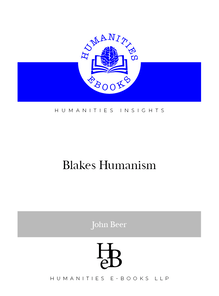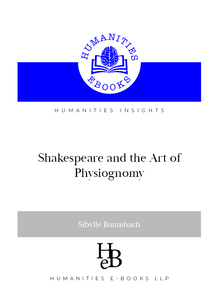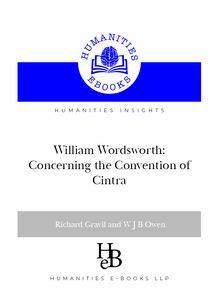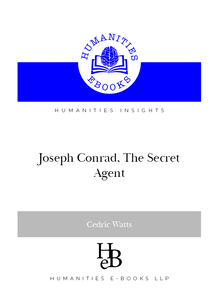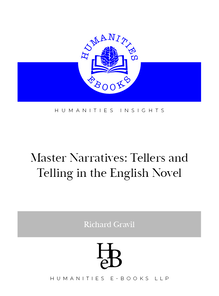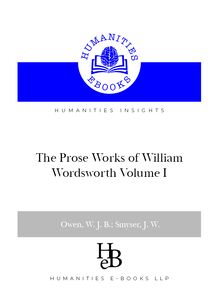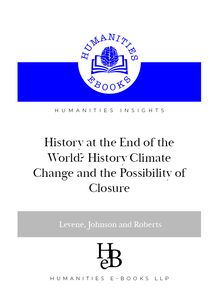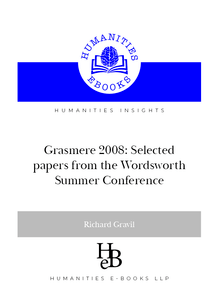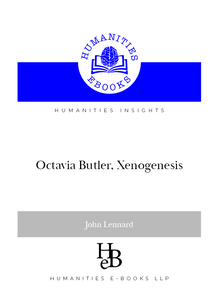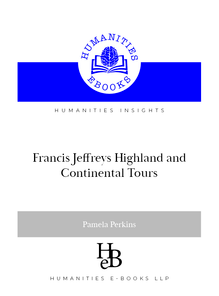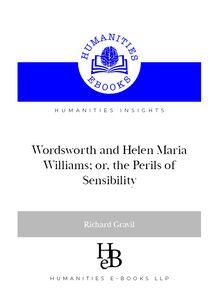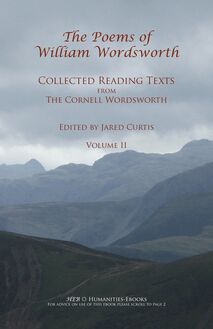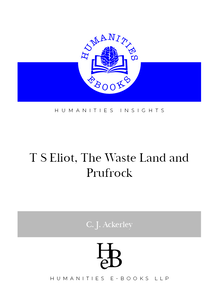Master Narratives: Tellers and Telling in the English Novel , livre ebook
272
pages
English
Ebooks
2021
Obtenez un accès à la bibliothèque pour le consulter en ligne En savoir plus
Découvre YouScribe en t'inscrivant gratuitement
Découvre YouScribe en t'inscrivant gratuitement
272
pages
English
Ebooks
2021
Obtenez un accès à la bibliothèque pour le consulter en ligne En savoir plus
Publié par
Date de parution
11 janvier 2021
Nombre de lectures
1
EAN13
9781847600073
Langue
English
Poids de l'ouvrage
2 Mo
Publié par
Date de parution
11 janvier 2021
Nombre de lectures
1
EAN13
9781847600073
Langue
English
Poids de l'ouvrage
2 Mo
